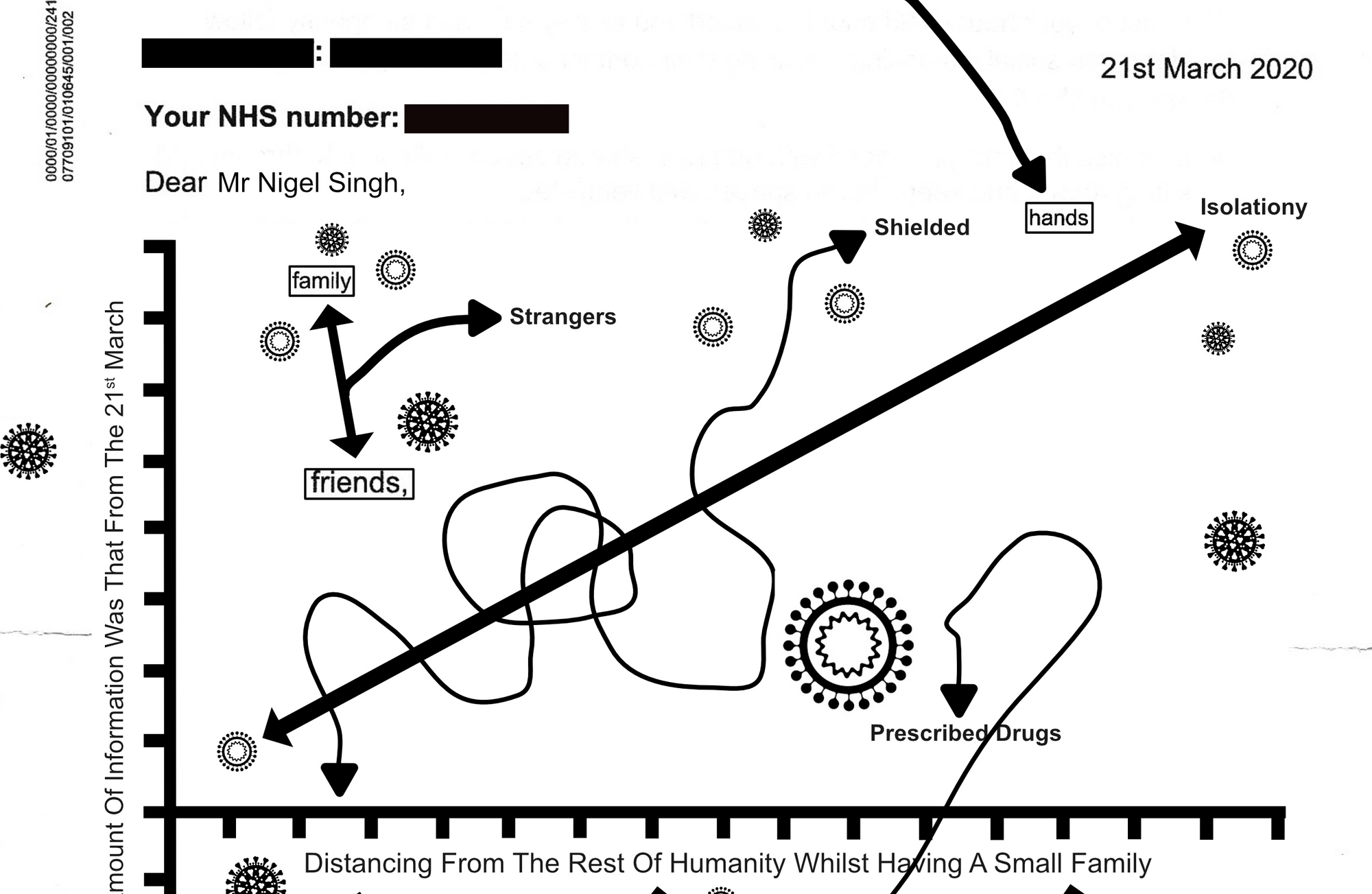We sat down (virtually) with local artist Hannah Taylor to discuss her new project, Fragments, which examines people in the "vulnerable" category's response to the letter they received telling them to remain indoors for 12 weeks.
If you want to talk to Hannah about the project or get involved, contact her here.
Hi Hannah, could you tell us a bit about yourself?
I'm an artist living in Wolverhampton who works with live art, performance, installations and community facillitation. Im really interested in memory, trauma, chronic illness and how the digital culture is now starting to change and shape oral histories and contribute to really uncomfortable new ways of grieving and remembering our loved ones online.
Did you know you now have to assign your social media profiles to someone when you die, sorta like digital will? I look at ways of discussing these issues with communities and reintroducing conversations about intimacy and tactility. I also am one of the directors of The Asylum Art Gallery LTD Wolverhampton, whose focus again is on connecting with other creatives in physical space.
How would you describe the project?
The project looks at how we do or don't understand information that is presented to us. I'm classed as extremely clinically vulnerable and have been asked to stay at home at all times for 12 weeks. When you are chronically ill, your anxiety and paranoia around confronting risk and death is more prominent and this really contributes to the way you interact with information and also remember things.

I'm working with 12 participants over 12 weeks who have all been told they are at a higher risk and to stay inside, to respond to the memories of the last person. As each person responds, the memory of the information in the letter becomes more distorted and starts to become something entirely different, shaped by our understanding and unconscious memories and yes our personal history with illness. Its quite intense and I am finding that there are individuals who already feel too isolated and anxious to take part, this is very worrying as more time passes, with no real time frame on when it will be safe to reemerge.
How did you come up with the idea?
When I get letters from consultants or doctors giving me an overview of my conditions, it never seems to fully engage with the personal experience or what I remember about it. What we say to each other orally, always ends up being different to what we present to an online world.

Yet now we have hundreds of thousands of individuals who have to try to navigate their understanding of cold and factual letters, wanting to talk and connect physically, but whose main access to information and intimacy with others will be through digital platforms only.
In a generation of scrolling, how much do you really take in or connect personally to? I wanted to find a way to showcase the disparity between information and memory, but also show what happens when people can take control of how they remember, hopefully turning the memory of this letter into something completely new and more expressive. Whats interesting is that so far, everyone remembers the date it began, but after that most of government phrases disappear.

